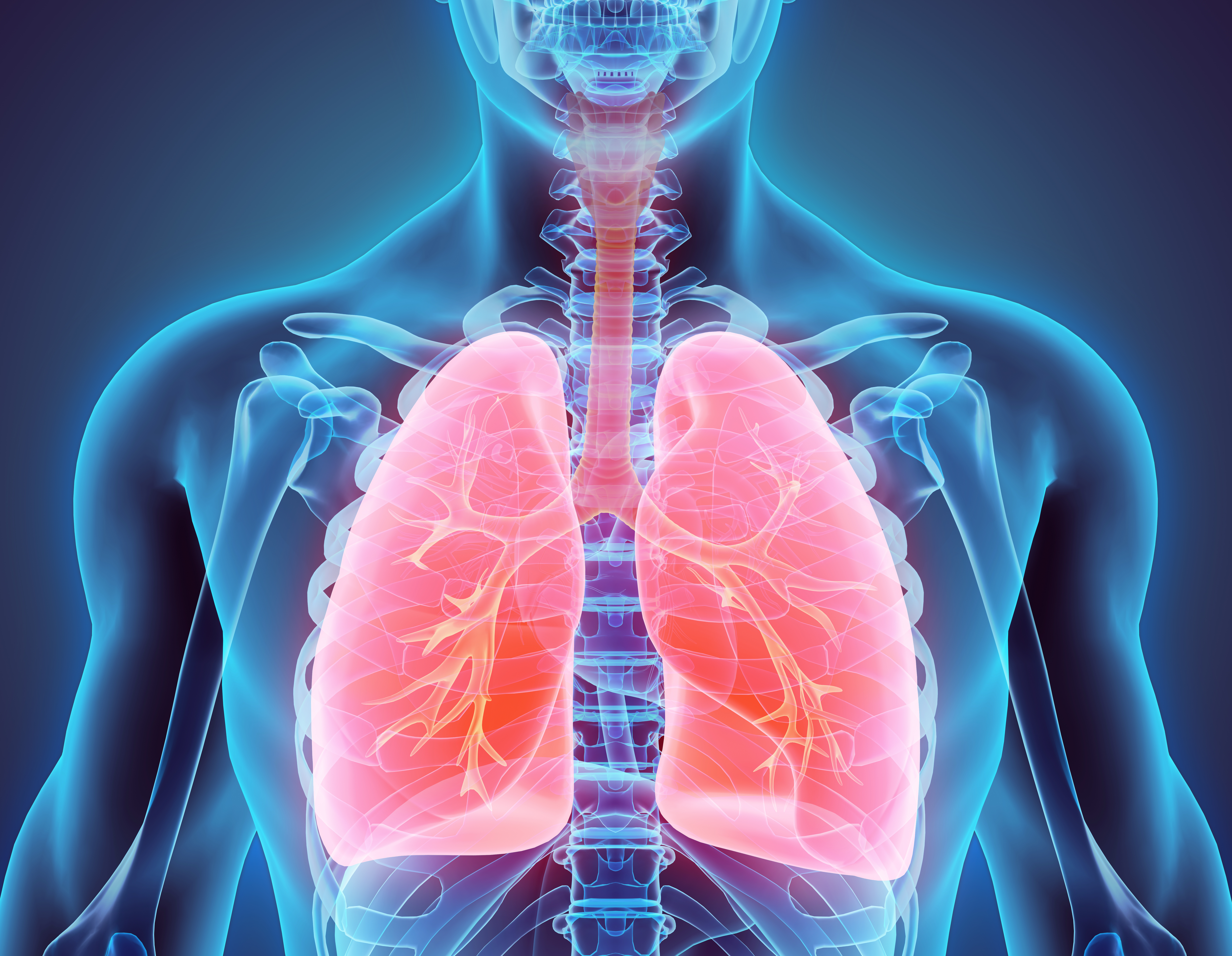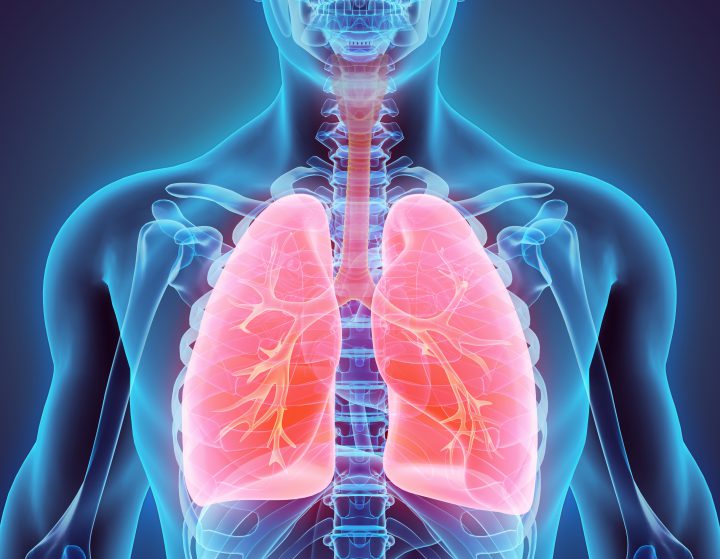What are the symptoms of lung cancer?
In its early stages, tumor in the lungs may not show any signs. Symptoms of lung cancer start showing as the tumor grows and makes changes in the body, such as shortness of breath and cough. It is also essential to know that non-small cell lung cancer and small cell lung cancer show the same symptoms.


What are the common early signs of lung cancer?
The most common early signs and symptoms of lung cancer are listed below
- Wheezing
- Shortness of breath
- Cough
- Weight loss
- Fatigue
- Weakness
- Recurrent chest infections like bronchitis
- A build-up of fluid around the lungs
- Chest pain
- Blood in the mucus when coughed up from the lungs
Horner Syndrome
In the case of non-small cell lung cancer, Horner syndrome is common. Horner syndrome is a group of symptoms that may be a sign of lung cancer that is growing into the nerves of the lungs. These symptoms include:
- Severe shoulder pain
- Drooping or weakness of the eyelid
- Little or no sweating on the face on the same side of the weak or drooping eyelid.
Paraneoplastic Syndromes
In the case of small cell lung cancer, paraneoplastic syndromes are common. Paraneoplastic syndromes are a group of symptoms that occur when substances released by cancer cells cause changes in healthy cells. Some of the paraneoplastic syndromes are listed below.
Cushing syndrome
In Cushing syndrome, the body makes high amounts of corticosteroids. In this syndrome, the most common side effect is high blood pressure, high blood sugar, and muscle weakness.
Hypercalcemia
Hypercalcemia is a condition in which there is too much calcium in the blood. The signs of hypercalcemia include frequent urination, nausea, vomiting, fatigue, disorientation, and difficulty in thinking.
Lambert- Eaton syndrome
The Lambert- Eaton syndrome occurs due to the lack of a chemical that sends messages between the nerves and muscles. The most common signs and symptoms in the Lambert-Eaton syndrome are muscle weakness, difficulty in climbing stairs, loss of movements, and difficulty in chewing.
When to visit a doctor based on lung cancer symptoms?
It is essential to visit the doctor at the earliest if one notices a persistent cough or blood in the mucus when coughing. It is always better to get checked if symptoms persist.
When to visit a cancer specialist?
A cancer specialist should be visited once the general physician finds abnormal changes. A cancer specialist may recommend further tests, diagnosis, and treatments.
Read more on how is lung cancer diagnosed.

